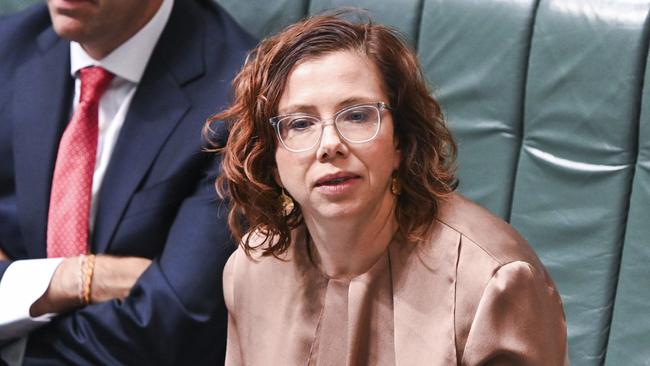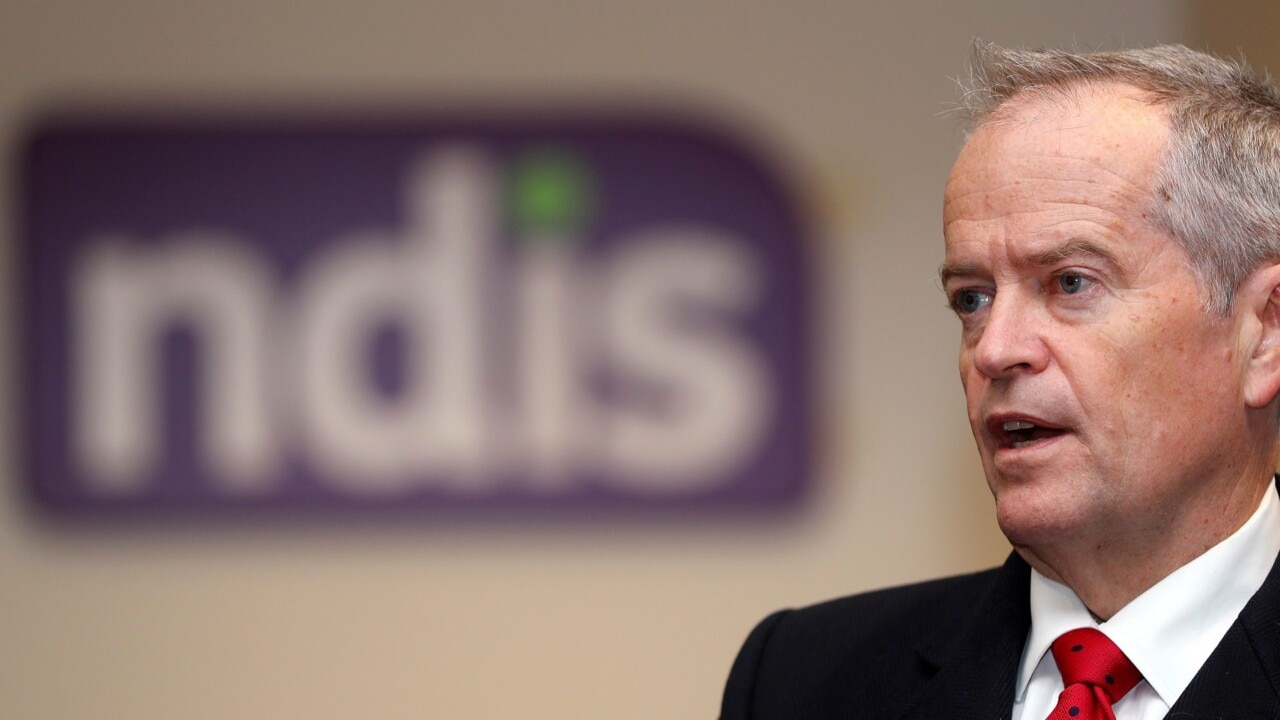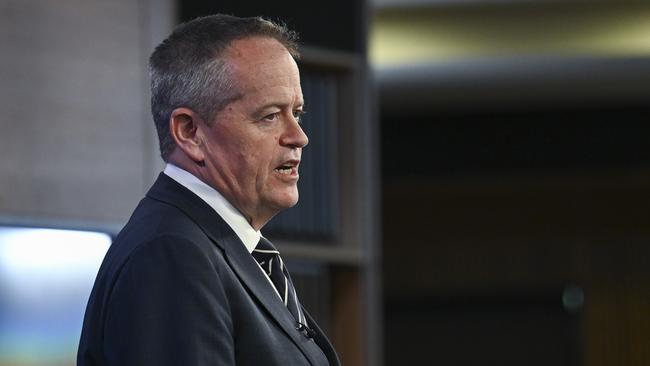Albanese government to flesh out new scope of disability supports outside NDIS
Stopping the $42bn a year NDIS from blowing out further will require more disability services to be delivered outside the scheme, much by state governments. A new strategy will help flesh out what that will look like.

Critical work to take financial pressure off the $42bn National Disability Insurance Scheme will begin with a new federally funded strategy to develop and deliver more disability programs outside the scheme.
Amid new concerns that the cost of the NDIS could blow out to $125bn a year by 2034, the Albanese government has committed $11.6m over two years to its “foundational supports strategy” to help the nearly four million Australians with a disability who aren’t NDIS participants, including fast-growing numbers of children with autism or developmental delay.
The new strategy will flesh out the commitments made at December’s national cabinet meeting for governments to provide more disability support outside the NDIS in mainstream settings such as school and childcare.
Under a complicated deal, the federal and state governments agreed to split funding for these foundational supports 50-50, but work out the detail of what would be covered later. The states’ commitment is set to be capped at about $10bn over five years, with funding coming from a new GST distribution top-up.

National cabinet was responding to the final report of the NDIS review, which late last year called for more support for disabled people outside the scheme as a key to its financial sustainability.
Social Services Minister Amanda Rishworth will lead the work in consultation with NDIS Minister Bill Shorten, with the new foundational support strategy to be considered by national cabinet in the second half of the year.
Ms Rishworth said parents, families, carers, the disability community, and researchers would be consulted.
“Foundational supports are too often not accessible for people with disability, and certain cohorts face unfair hurdles to reaching the support they need,” Ms Rishworth said.
“This strategy will address the gap between NDIS and non-NDIS systems, prioritising the need for responsive services that allow all people with disability to fully participate in their communities.”
While the scope of foundational supports will be clarified through the strategy process, the government has flagged it would likely involve “general supports” such as community care, assistance with shopping and property maintenance, as well as “targeted supports” for specific groups such as children, adolescents and people with persistent mental illness.

More assistance could come in the form of early intervention to try and keep young children from the NDIS pathway, capacity building, independence supports and aids, and equipment.
“Through our consultation process (we) will capture a holistic picture of where additional supports and services are most needed,” Ms Rishworth said.

Mr Shorten said the provision of more services outside the NDIS would strengthen the scheme. “The government will continue to prioritise extensive consultation, ensuring that the voices and perspectives of people with disability and other stakeholders inform our next steps to strengthen the NDIS,” he said.







To join the conversation, please log in. Don't have an account? Register
Join the conversation, you are commenting as Logout